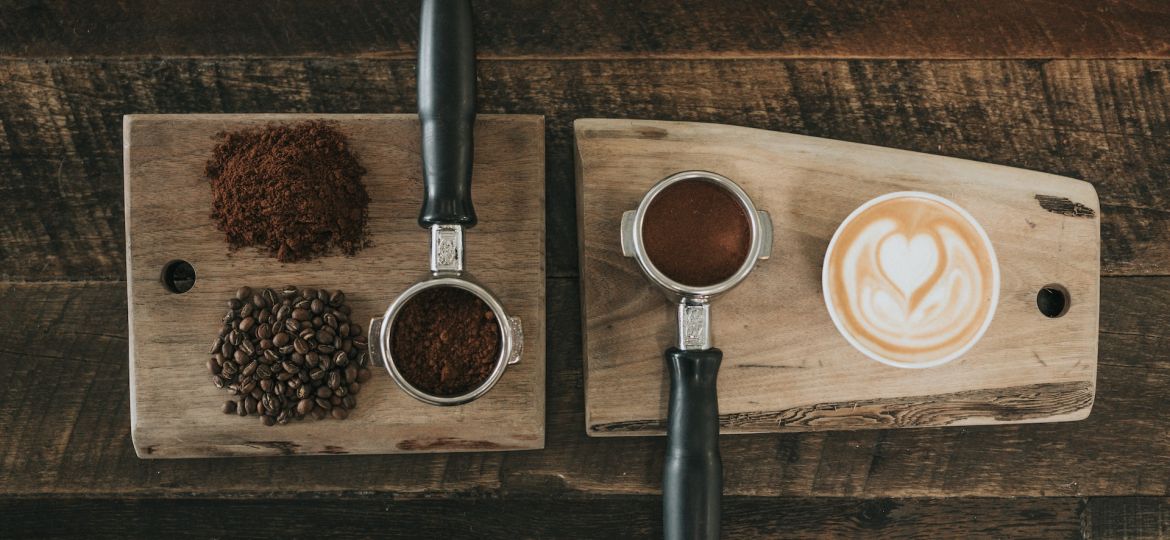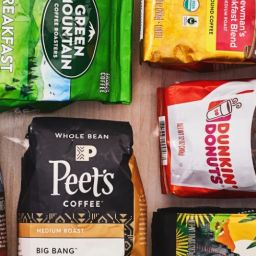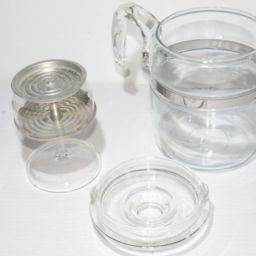
Yes, a finer grind can indeed make your coffee stronger. This is because finely ground coffee has more surface area exposed to water, allowing for a more efficient extraction of flavors and caffeine. However, there’s a fine line to tread; too fine, and you risk a bitter taste from over-extraction.
The grind size of your coffee plays a crucial role in the brewing process. Think of it as tuning an instrument; the right adjustment can make all the difference in flavor and strength. Different brewing methods require different grind sizes, from the fine powder needed for espresso to the chunkier grinds suited for a French press. Getting this right is key to unlocking the full potential of your coffee beans.
Key Takeaways
- Grind Size and Strength: How a finer grind can enhance the strength and flavor of your coffee, but why finding the perfect balance is key.
- Extraction Process: The science behind extraction and how grind size affects it. We’ll explore why too fine or too coarse can lead to less than desirable results.
- Brewing Methods: Each method has its ideal grind size, from espresso to pour-over to French press. We’ll guide you through selecting the right grind size for your preferred brewing method.
The Science of Coffee Extraction
Understanding coffee extraction is like mastering the art of cooking. Just as the size of food pieces can affect cooking time and flavor, the grind size of coffee beans plays a critical role in the brewing process. A finer grind increases the surface area exposed to water, speeding up the extraction of flavors and caffeine. This means a stronger and more flavorful cup. However, too fine a grind can lead to over-extraction, pulling out undesirable bitter compounds.
Conversely, a coarser grind slows down this process, potentially leading to under-extraction, where the coffee can taste weak and sour. It’s all about finding that sweet spot where the grind size perfectly matches the brewing method to extract just the right amount of goodness.
The Role of Brewing Methods in Determining the Ideal Grind Size
Each brewing method dances to the tune of its own grind size. For espresso, the high-pressure environment adores a fine grind, similar to powdered sugar, to extract rich flavors quickly before the shot becomes bitter. On the other hand, a French press, with its leisurely steeping process, prefers a coarser grind, akin to sea salt, allowing for a slow and even extraction that results in a smooth, well-rounded cup.
Pour-over methods fall somewhere in the middle, usually opting for a medium grind that balances extraction time with flavor. These examples highlight the importance of matching grind size to brewing method, ensuring each sip is as delightful as intended. Adjusting grind size is akin to tuning an instrument for a performance; the right adjustment can make the coffee sing.
How Grinding Finer Affects Caffeine Content and Flavor
There’s a common belief that the finer the grind, the stronger the coffee, both in terms of flavor and caffeine content. However, the reality is a bit more nuanced. While it’s true that a finer grind can lead to more caffeine extraction due to the increased surface area in contact with water, this doesn’t necessarily translate to a “stronger” cup in the way most think. Strength, in coffee terms, often refers to the richness and depth of flavor, not just caffeine content.
A finer grind does extract flavors and caffeine more efficiently, but it also increases the risk of over-extraction. Over-extracted coffee can taste bitter and harsh, not necessarily stronger or better. This means that while you might get a caffeine kick, the trade-off could be a less enjoyable cup if the grind is too fine for the brewing method used. It’s about striking the right balance between extracting the good flavors and avoiding pulling out too much bitterness.
Adjusting Grind Size for Personal Taste and Coffee Strength
Finding the perfect grind size is like tuning an instrument to play the right note. It’s about balancing the extraction of flavors to suit your personal taste. If you prefer a bolder, more robust coffee, leaning towards a finer grind can help. But remember, too fine a grind for your brewing method can lead to bitterness. Start with the recommended grind size for your brewing method and adjust slightly finer for more strength, or coarser if you’re finding the brew too bitter.
FAQs
What happens if I grind my coffee too fine?
Grinding coffee too fine can lead to over-extraction, pulling out bitter and unpleasant flavors. For methods like espresso, fine is fine, but for drip or French press, it can ruin the cup.
How do I choose the right grind for drip coffee?
A medium grind works best for drip coffee. It’s like smoother sand and allows water to extract flavors efficiently without passing through too quickly or slowly.
Does stronger coffee have more caffeine?
Not necessarily. The perceived strength of coffee, often tied to its bitterness or flavor intensity, doesn’t directly correlate with caffeine content. The brew method and bean type play bigger roles in caffeine levels than just the strength of flavor.
Final Thoughts
Throughout our journey exploring coffee grind sizes, we’ve uncovered that while a finer grind might up the ante on caffeine extraction, it doesn’t automatically guarantee a better or “stronger” coffee in terms of flavor. The magic in your mug is influenced by a harmony of factors: the grind size, the brewing method, and of course, your own taste preferences.
Finding your coffee bliss might mean tweaking grind sizes or experimenting with brewing times, but it’s all part of the adventure. Remember, the best cup of coffee is the one that’s tailored to you. Whether you like it rich and robust or smooth and subtle, mastering your grind and method can make every morning start on a high note.









